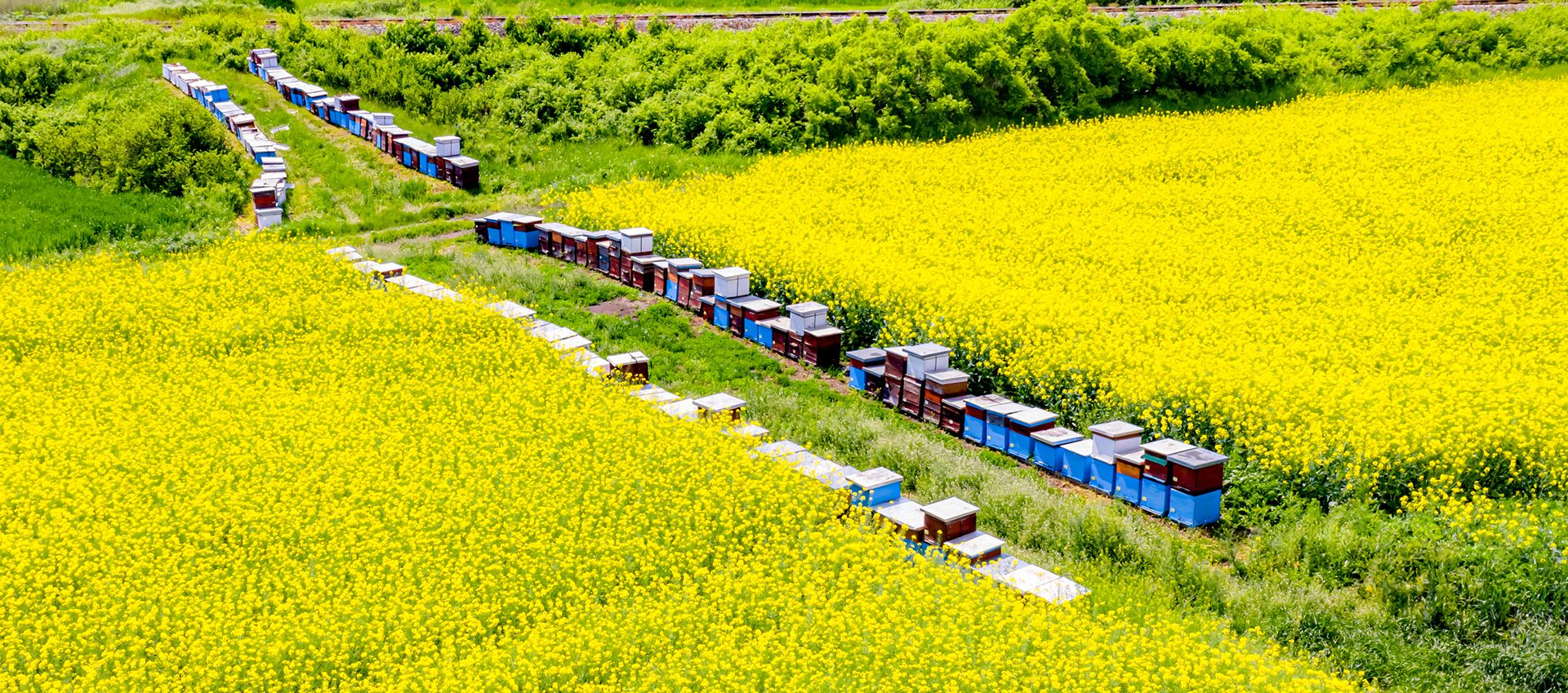
Sustainable Beekeeping Practices: A Guide for Ethical Apiculture
2 min readWhy Sustainable Beekeeping Matters More Than Ever
As the importance of bees becomes more widely understood, the way we manage them is evolving. Sustainable beekeeping is about more than just harvesting honey—it’s about protecting pollinators, supporting biodiversity, and maintaining healthy colonies for the long term. Whether you’re a hobbyist or a commercial apiarist, adopting ethical practices helps ensure your bees thrive while benefiting the environment around them.
Understanding Sustainable Beekeeping
Sustainable beekeeping aims to minimise environmental impact while promoting the natural health of bee colonies. It recognises the interconnectedness of bees, plants, and ecosystems, and focuses on beekeeping methods that are not only productive but also respectful of the bees’ natural behaviours and life cycles.
Tips for sustainable beekeeping
Here are our tips for keeping your bees and the environment happy and healthy
Prioritising Bee Health Over Production
In ethical apiculture, colony health takes precedence over honey yield. This means avoiding overharvesting and ensuring bees have sufficient honey stores for winter. Natural treatments for pests and diseases are preferred, and chemical use is minimised or eliminated to preserve the integrity of the hive and surrounding environment.
Providing Ample Forage and Natural Habitat
One of the most impactful things beekeepers can do is ensure their bees have access to diverse, pesticide-free forage. Planting native flowering plants, trees, and herbs nearby can support pollinator nutrition year-round. Sustainable beekeepers also avoid placing too many hives in a single area, which can lead to overcompetition for local nectar and pollen resources.
Practising Responsible Hive Management
Sustainable beekeeping involves gentle hive inspections, appropriate spacing between colonies, and careful monitoring of hive conditions. Ethical beekeepers aim to reduce stress on bees, limit unnecessary disturbance, and allow bees to exhibit natural behaviours such as swarming and comb building whenever possible.
Breeding for Resilience, Not Just Productivity
Instead of prioritising traits like honey output or docility alone, sustainable beekeepers support genetic diversity and breed bees that are locally adapted, disease-resistant, and resilient to environmental changes. This enhances the long-term viability of both managed and wild bee populations.
Beekeeping with a Purpose
Sustainable beekeeping is about more than just good hive management—it’s about being a steward of the environment and protecting one of nature’s most vital species. By choosing ethical, bee-friendly practices, beekeepers can contribute to a healthier planet while still enjoying the many rewards of apiculture.
In the face of climate change, biodiversity loss, and increasing pressure on pollinators, every ethical choice we make as beekeepers matters.
Consider becoming B-TRACE certified
Join B-TRACE today and take your business to the next level
When you join B-TRACE you can enjoy the following benefits
✔ Access to the B-TRACE hive management app
✔ Proof of compliance with current industry and regulatory requirements
✔ Certification to high industry standards by independent audit
✔ Access to premium marketing and pricing opportunities with the B-TRACE certification logo and marketing tools
✔ Gain consumer trust with B-TRACE product provenance and product authenticity assurance
✔ Keep up to date with the latest industry trends and standards
✔ Access to B-TRACE social media outlets for business and beekeeping improvement and opportunities
✔ Locally and internationally recognised
✔ Audit hotline for assistance
